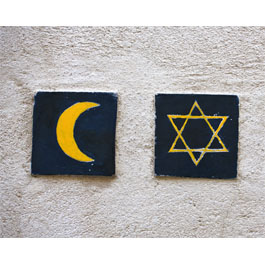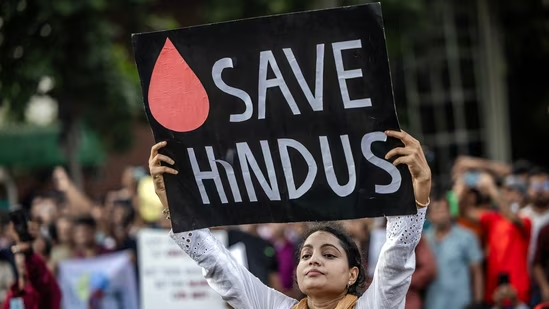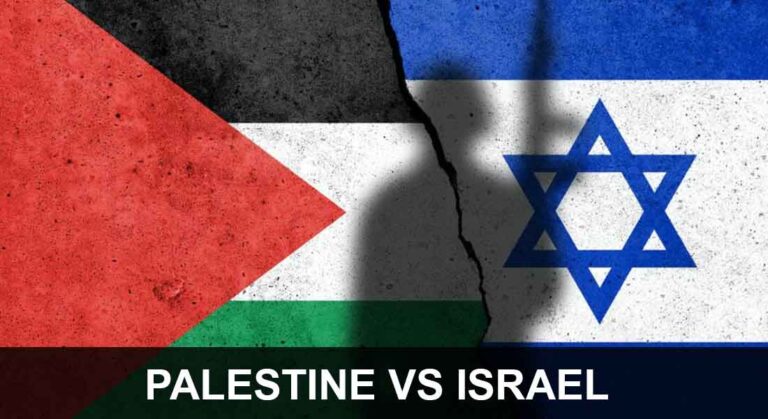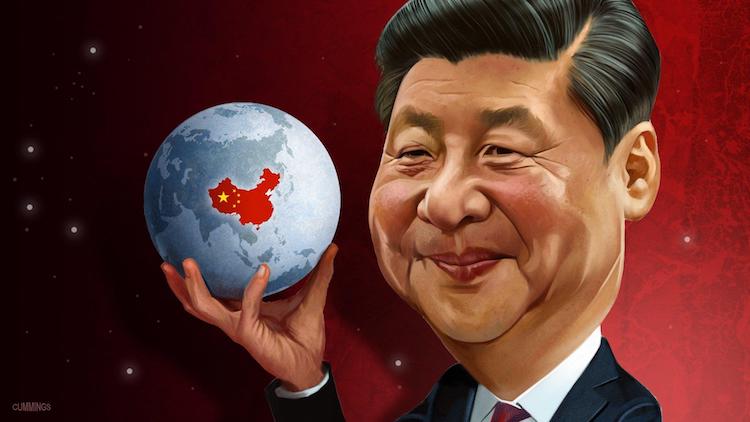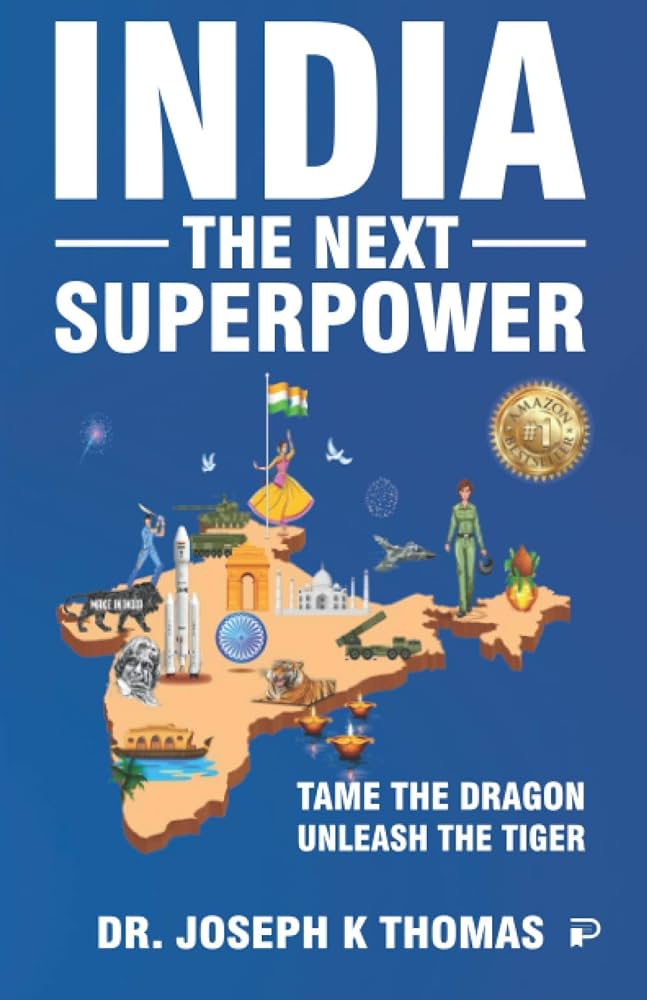The assertion that Muslims universally hate Jews is a broad generalization that fails to capture the complexities of Muslim-Jewish relations. Historically, there have been periods of both conflict and cooperation, such as the peaceful coexistence in Al-Andalus. Contemporary tensions are often fueled by political issues, notably the Israeli-Palestinian conflict, rather than inherent religious animosity.
Misinterpretations of religious texts and political rhetoric can exacerbate these tensions, but many Muslims and Jews engage in interfaith dialogue and work towards mutual understanding. Overall, the relationship is diverse and multifaceted, shaped by a range of historical, political, and social factors.
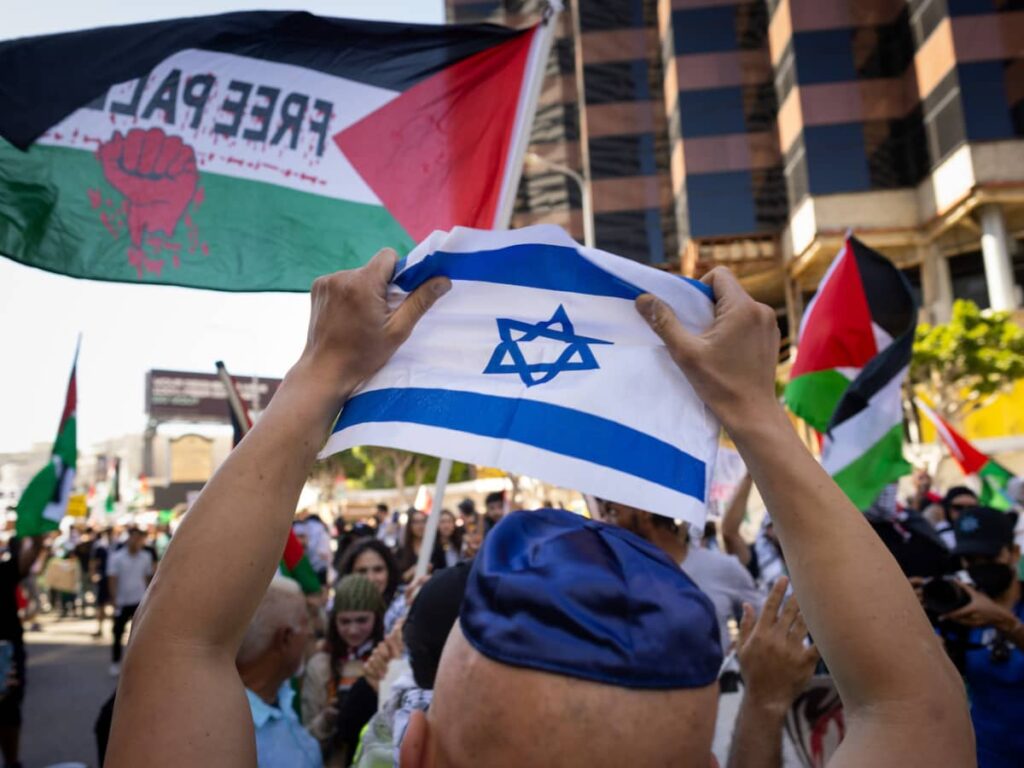
Historical Context of Muslim-Jews Relations
- Early Islamic History:
- Conflicts arose between the Prophet Muhammad and some Jewish tribes in the Arabian Peninsula, primarily due to political and social disputes rather than purely religious animosity.
- Medieval Period:
- During the medieval period, particularly in Al-Andalus (Islamic Spain), Jews and Muslims coexisted peacefully and contributed to a rich cultural and intellectual environment. However, conflicts in other regions, such as the Crusades, involved Christians, Muslims, and Jews in complex power struggles.
- Ottoman Empire:
- The Ottoman Empire generally provided a tolerant environment for Jews, allowing them to thrive in many regions. However, there were instances of tension and discrimination, as in any large empire with diverse populations.
- Colonial and Post-Colonial Context:
- European colonialism and its aftermath disrupted traditional societies and exacerbated religious and ethnic tensions. European powers often manipulated these divisions for their benefit, which left lasting impacts.
- Modern Era:
- The Israeli-Palestinian conflict has been a significant source of tension. The establishment of Israel in 1948 and subsequent wars led to the displacement of many Palestinians, fueling resentment and hostility.
- The ongoing conflict has been framed by some as a religious struggle, although it is deeply rooted in political and territorial disputes.
- Influence of Extremist Ideologies:
- Certain extremist groups and political leaders have used religious texts and historical grievances to promote anti-Jewish sentiment, further complicating the relationship.
- Efforts at Reconciliation:
- Despite these conflicts, many Muslims and Jews work towards mutual understanding and peace through interfaith dialogue and cooperation on shared interests.
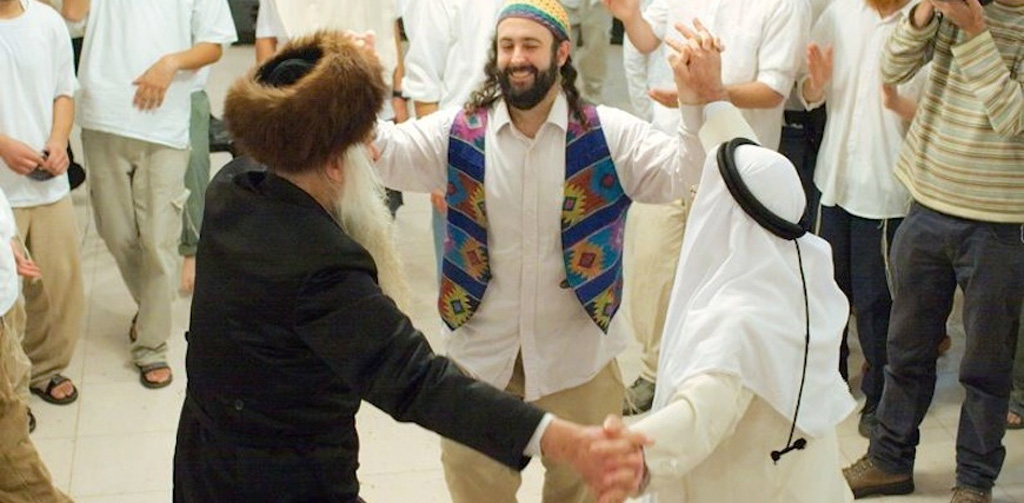
Political Factors Affecting Muslim-Jews Relations
- Israeli-Palestinian Conflict:
- The creation of Israel in 1948 and the subsequent displacement of many Palestinians have been central to Muslim-Jewish tensions.
- The ongoing conflict, including wars, intifadas (uprisings), and territorial disputes, has fostered deep-seated animosities.
- The struggle is often framed in religious terms, but it is fundamentally about land, national identity, and self-determination.
- Colonial and Post-Colonial Influences:
- European colonialism disrupted traditional societies in the Middle East and North Africa, exacerbating religious and ethnic tensions.
- Colonial powers often manipulated divisions between Muslims and Jews to maintain control.
- The legacy of these manipulations continues to affect relations today.
- Geopolitical Strategies:
- Major global powers, including the US, Russia, and European countries, have historically taken sides in the Middle East conflict, influencing Muslim-Jewish relations.
- Military aid, political support, and diplomatic interventions by these powers often exacerbate tensions.
- Rise of Nationalism:
- Nationalist movements in the 19th and 20th centuries, including Zionism and Arab nationalism, have shaped the political landscape.
- The competing national aspirations of Jews and Arabs in the same geographic region have been a major source of conflict.
- Extremist Ideologies:
- Extremist groups, including certain Islamist factions and Jewish settler movements, promote divisive rhetoric and actions.
- These groups often use historical grievances and religious narratives to justify their agendas, increasing hostility.
- Media and Propaganda:
- Media portrayals and propaganda from both sides can perpetuate stereotypes and inflame public opinion.
- State-controlled and independent media in different countries often present biased narratives that deepen divisions.
- Peace Initiatives and Agreements:
- Efforts such as the Oslo Accords, Camp David Summit, and other peace negotiations have sought to resolve conflicts but have often failed to achieve lasting peace.
- Some political leaders and movements on both sides actively work towards reconciliation and coexistence, although these efforts face significant challenges.
Contemporary Efforts for Peace in Muslim-Jewish Relations
- Interfaith Dialogue:
- Numerous interfaith organizations and initiatives aim to foster understanding and cooperation between Muslims and Jews. These include dialogue groups, conferences, and educational programs.
- Examples include the Muslim-Jewish Advisory Council and the Foundation for Ethnic Understanding, which work to bridge divides and promote mutual respect.
Grassroots Movements:
- Community-based efforts bring Muslims and Jews together to address common social issues and build personal relationships. Programs like “Muslim Jewish Interfaith Coalition” and “Sisterhood of Salaam Shalom” focus on building trust and solidarity through shared experiences and joint projects.
- Local initiatives often involve joint community service projects, cultural exchanges, and social gatherings.
- Educational Programs:
- Schools, universities, and non-profit organizations offer educational programs designed to combat stereotypes and promote a nuanced understanding of each other’s cultures and histories.
- Examples include dual-narrative history projects and interfaith educational curricula that are being implemented in some schools and universities.
- Political and Diplomatic Efforts:
- Peace treaties and normalization agreements, such as the Abraham Accords between Israel and several Arab countries, aim to create formal diplomatic and economic ties, reducing regional tensions.
- International organizations and governments often sponsor dialogue and reconciliation initiatives.
- Cultural and Artistic Collaborations:
- Cultural exchanges and artistic collaborations, including music, film, and literature, are used to highlight shared cultural heritage and humanize the “other.”
- Projects like “Muslim-Jewish Arts Collaborative” use art as a medium to promote peace and understanding.
- Joint Advocacy and Human Rights Work:
- Muslims and Jews often collaborate on issues of mutual concern, such as combating anti-Semitism and Islamophobia, promoting human rights, and advocating for social justice.
- Organizations like “Shoulder to Shoulder” and the “American Jewish Committee” work together to address discrimination and promote civil rights.
- Community Leadership and Role Models:
- Prominent religious and community leaders from both faiths often advocate for peace and reconciliation, using their influence to encourage their communities to engage in dialogue and understanding.
- Figures like Rabbi Marc Schneier and Imam Shamsi Ali have been active in promoting Muslim-Jewish relations through their public engagement and leadership.
These contemporary efforts highlight the ongoing commitment by many individuals and organizations to build a foundation for lasting peace and understanding between Muslims and Jews.
